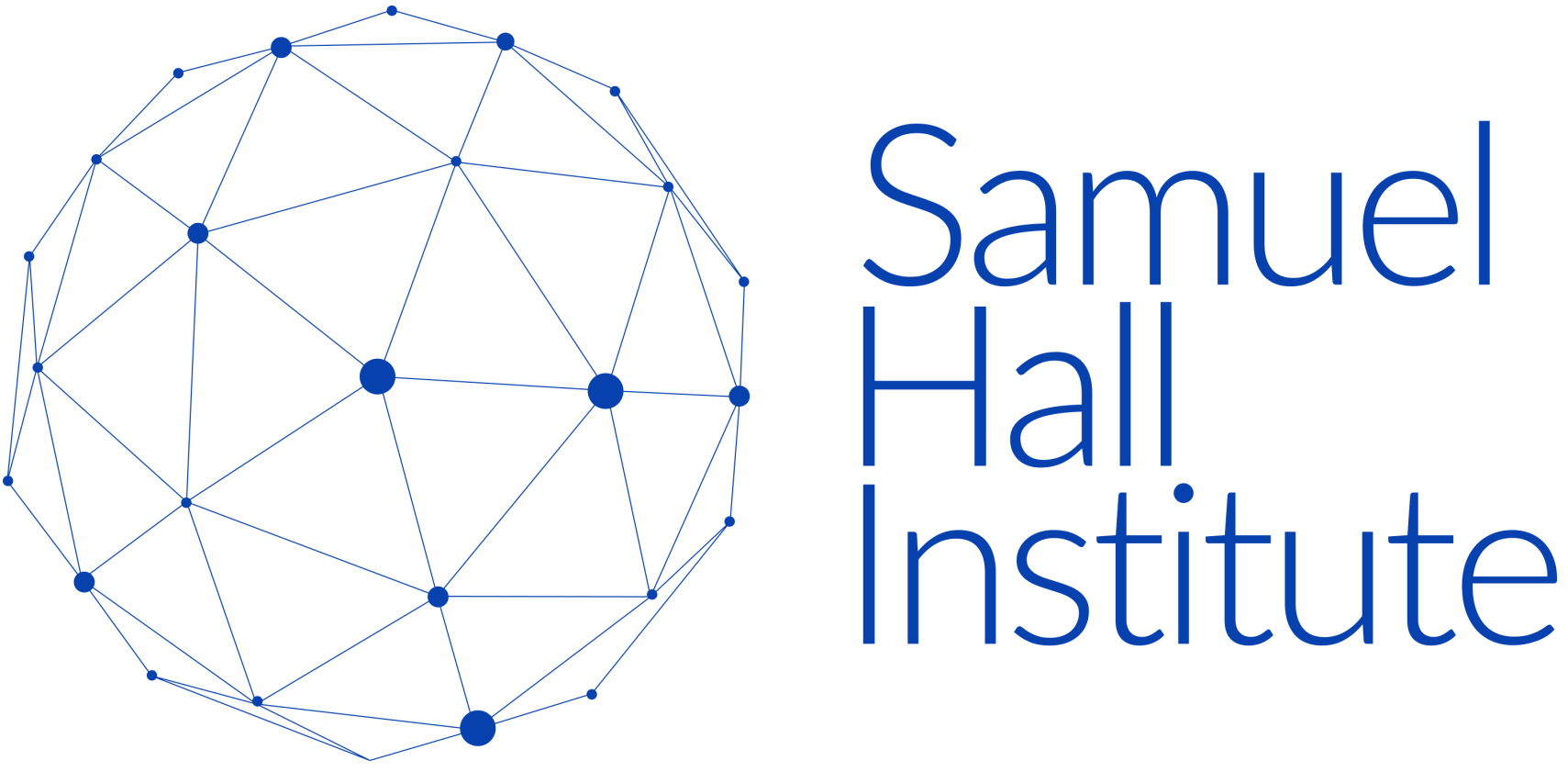Data Standards
Setting the standards in global research
We create research tools, models and methodologies to improve humanitarian and development action.
Our global network of researchers analyses and collects data in-person and through mobile technology to understand and improve the lives of vulnerable populations.
We employ sophisticated and replicable sampling strategies; we build indices to represent complex realities succinctly; we use advanced modelling and predictive analytics to go beyond simple descriptives.
Built on programming libraries developed both in-house and adapted from existing statistical packages and standards, our suite of methodologies and implementations is cutting-edge.
We pride ourselves on technical ability and work with specialists in statistical software and languages such as STATA, SPSS, and R platform. This allows us to perform in-depth analyses of complex surveys and to put hypotheses to the test – deploying everything from confidence-based cross-tabulations to bespoke scoring and indexing techniques that uncover trends and anomalies in the data we collect.
Since our inception, Samuel Hall Institute has been committed to adopting, designing and implementing open data standards. We believe information is always more meaningful when considered not only in the context of a particular study, but against the backdrop of a global library of respected and relevant studies.
A meaningful ethical framework
We provide a range of services with integrity and expertise.
We abide by safeguarding principles, collect informed consent from all our research participants, employ quality control mechanisms at every step of the research process, and engage in workshops to validate our findings with stakeholders.
We know that by pushing the frontiers of knowledge forward within an ethical framework, we can improve the lives of people around the world.
For our staff and associated researchers, ethics is never an afterthought – we are proactive in upholding the highest ethical standards and conduct every project in accordance with the following ten principles.
Ethics in Research
Integrity: Studies and research are designed, reviewed and undertaken to ensure integrity, quality and transparency.
Quality control and Review Process: All tools and methods, reports and outputs go through a multi-layered quality control and Review Process.
Scientific validity: All research will be founded on strong scientific validity.
Availability of knowledge: Whenever possible, research will be widely disseminated towards availability of knowledge.
Capacity Building: During the course of each research project, capacities of those involved will be strengthened to pursue excellence in research.
Ethics in
Action
Independence: The independence of the research/study is made clear, and any conflicts of interest or partiality is made explicit.
A Do No Harm Policy: Participants are fully informed about the research or study they are invited to participate in and their consent to take part is made voluntarily, freely and without any coercion.
Cultural sensitivity: The team will be sensitive to cultural norms in the field and area of operation and will always adhere to local norms of decency and good behaviour.
Low profile approach: The entity will maintain a low profile in the field and disassociate itself from politicised groups unless strictly required for research.
AGDM approach: The team/staff composition is based on an AGDM approach (Age, Gender and Diversity Mainstreaming) – notably through our recruitment.
